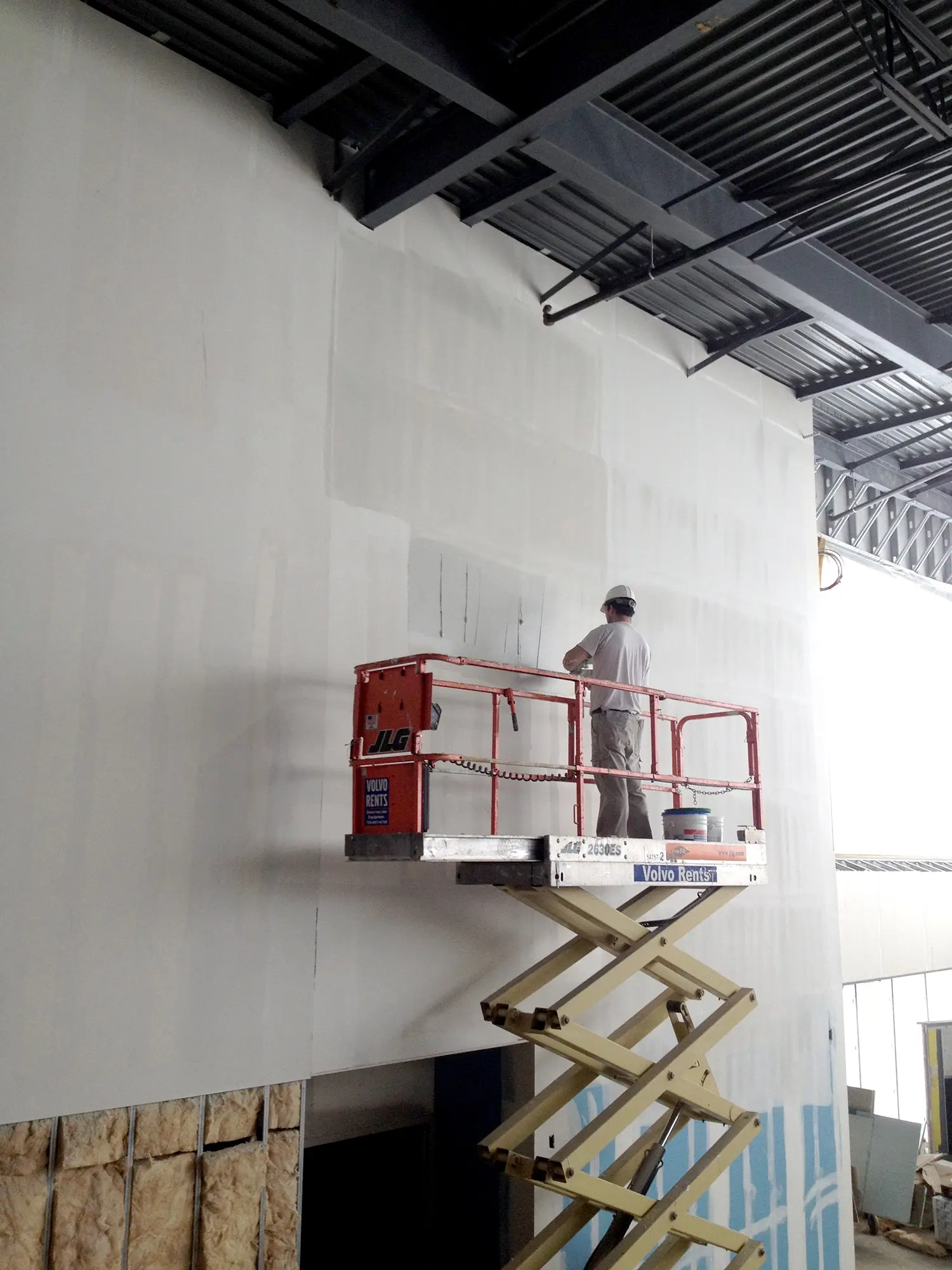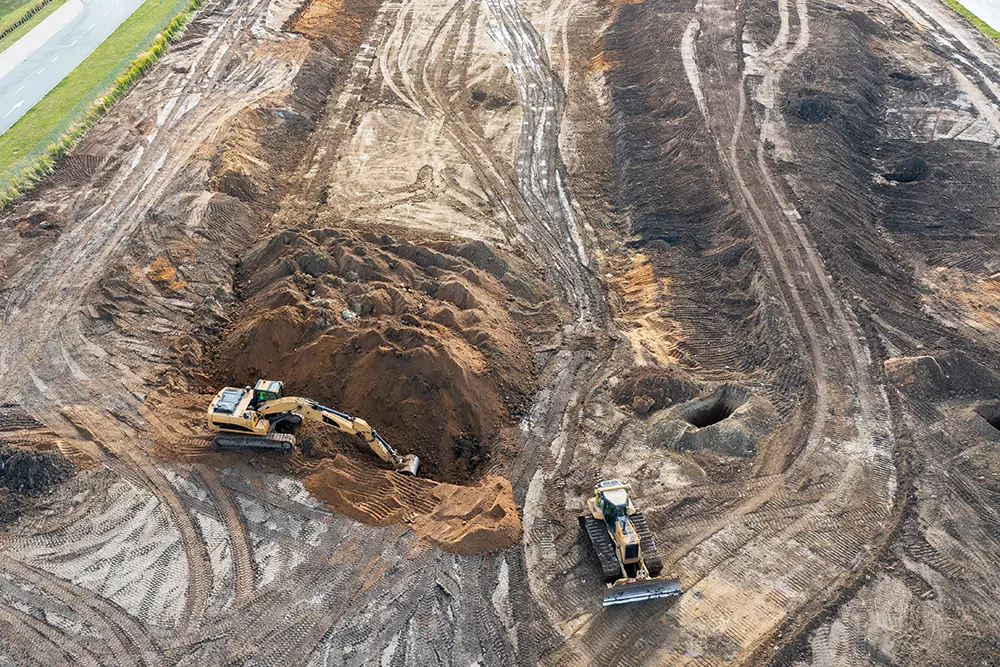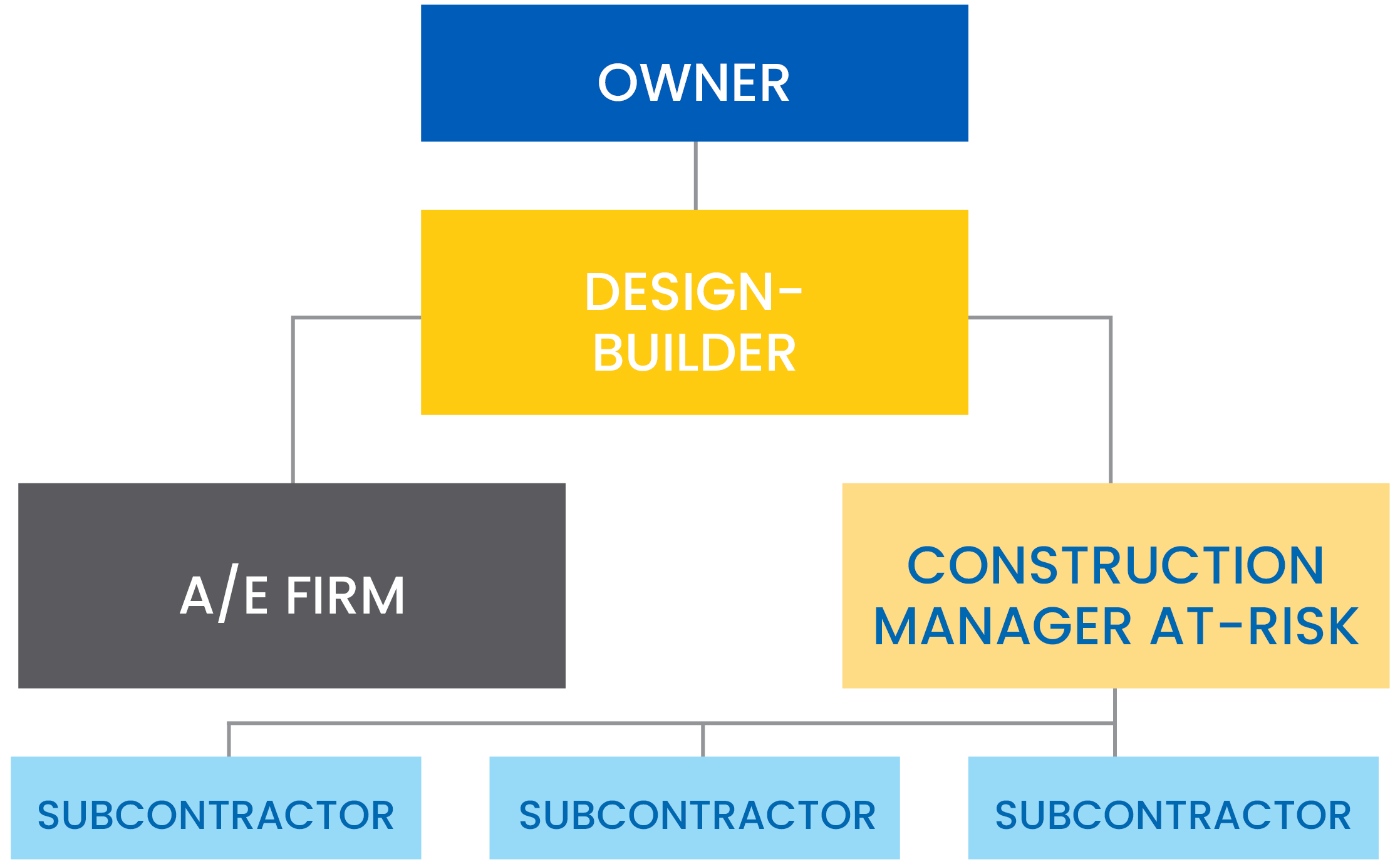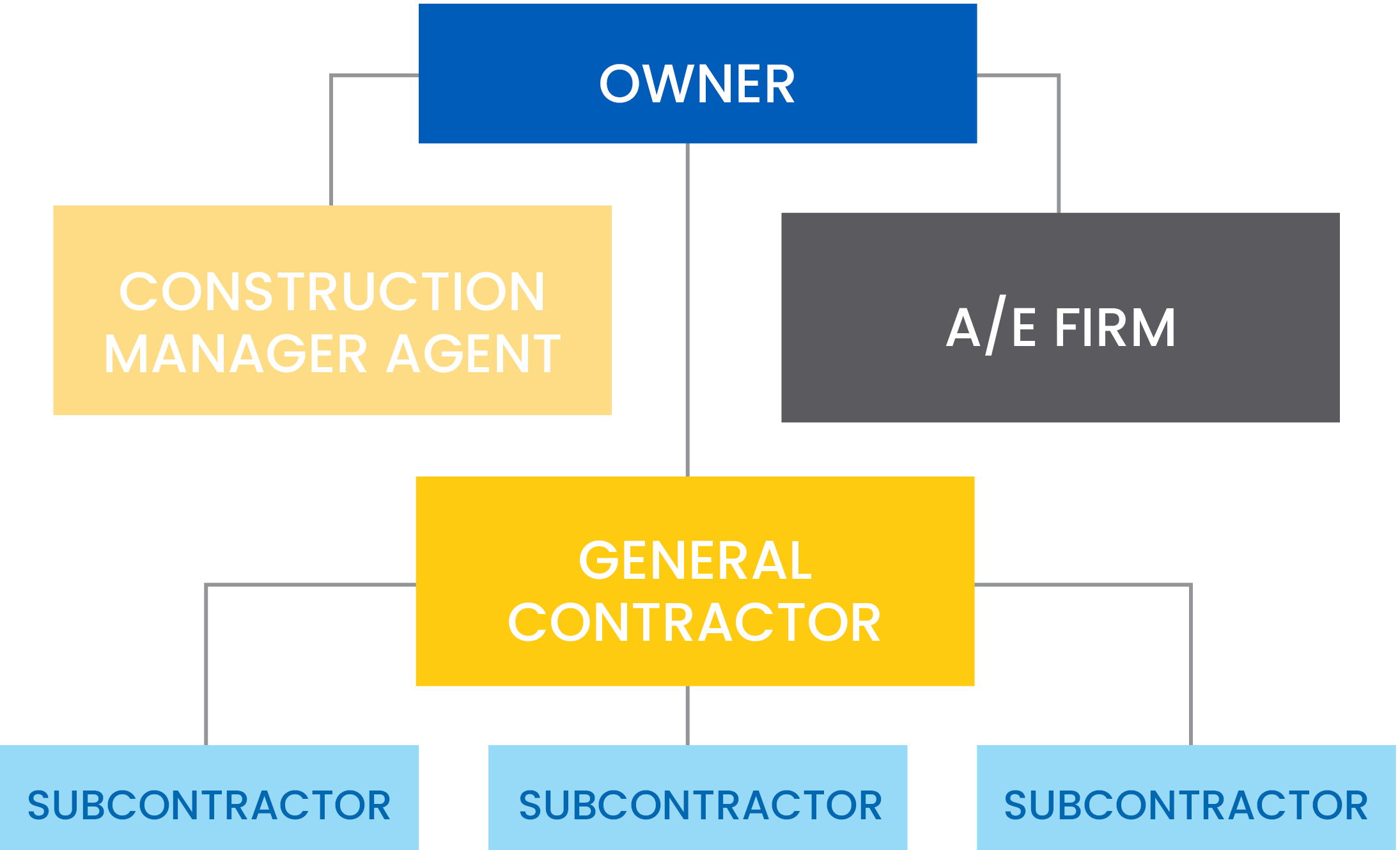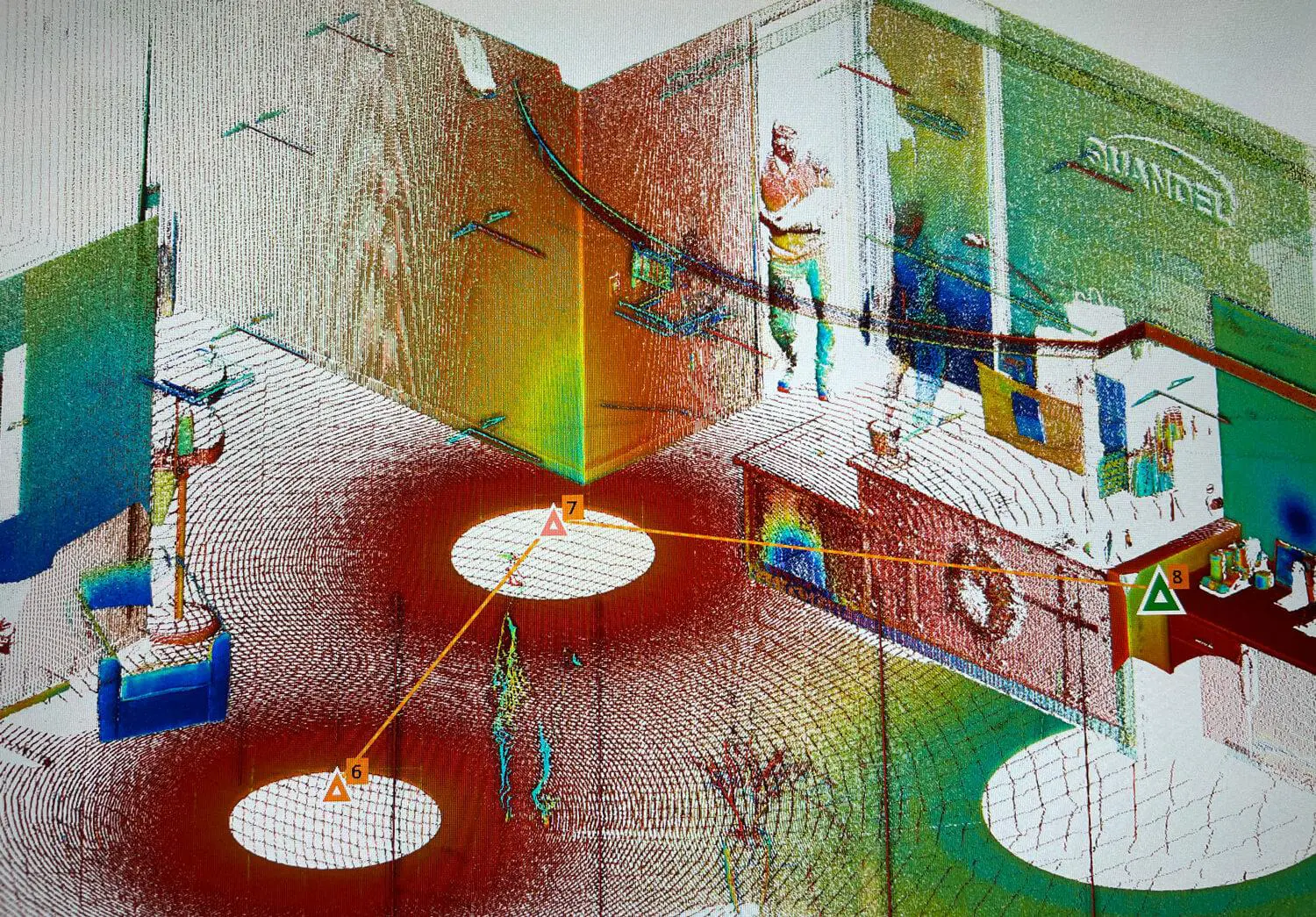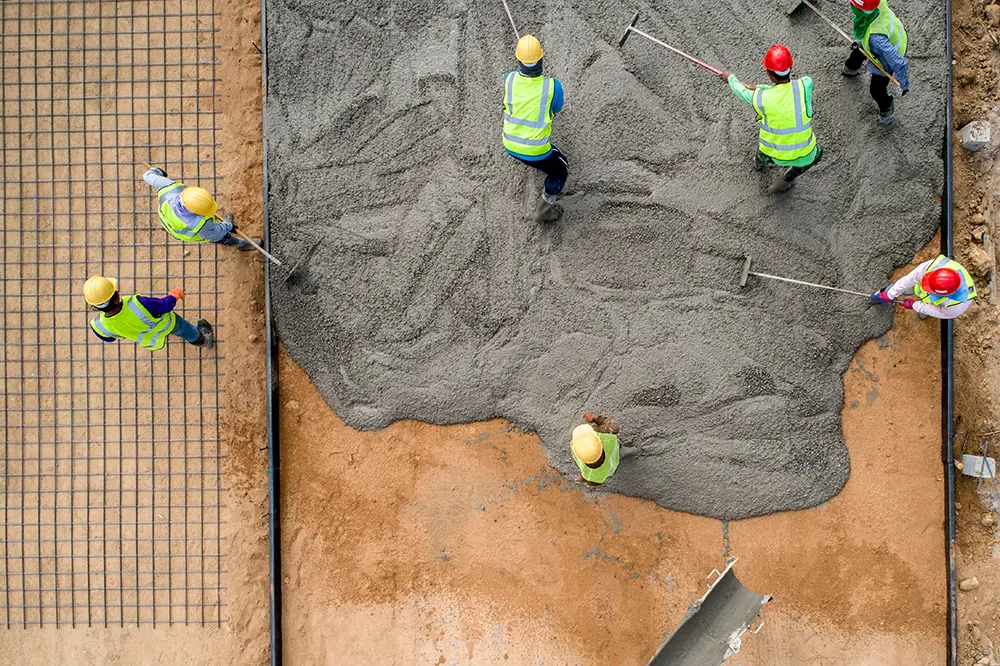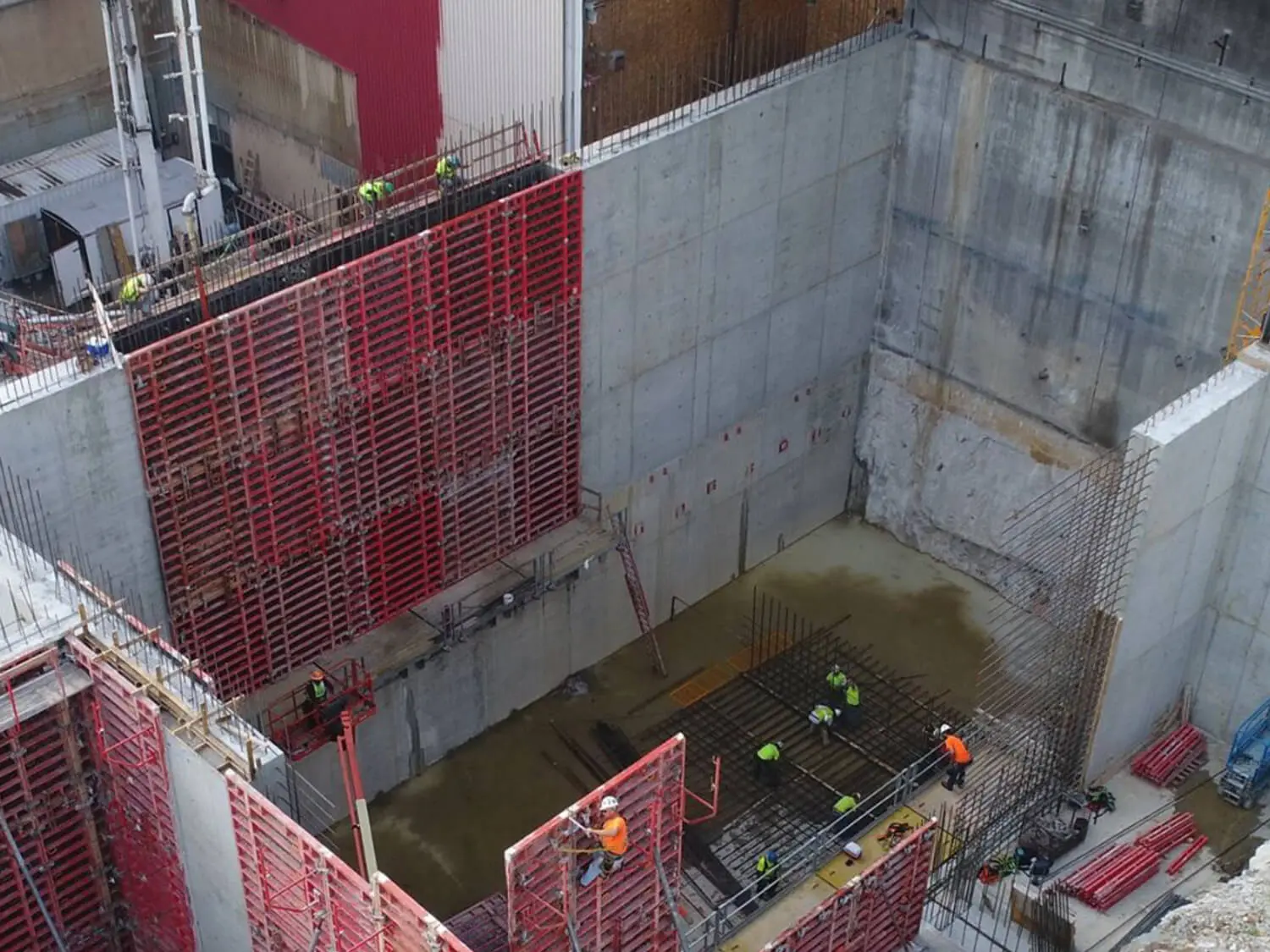The human memory can be an amazing thing, but it is also very flawed. While there are people that can remember small details about an event decades later, others cannot remember where they set their wallet down.
Recognizing a hazard and just making a mental note of it is not a mitigation action. Memory should never be relied on as the sole safeguard against a hazard. If this is the case, the hazard is not mitigated.
Short-Term Memory Facts
While many things we learn make it into our long-term memory, many details we face on a day-to-day basis only may only hit our short-term memory. Relying on short-term memory as a safeguard is extremely dangerous because of how limited it can be.
SimplyPsychology.com states that short-term memory has three key aspects:
- Limited capacity. Only about seven items can be stored at one time.
- Limited duration. Storage is very fragile, and information can be lost with distraction or passage of time.
- Encoding. Primarily acoustic, even translating visual information into sounds.
Looking at these three aspects, it is easy to see why short-term memory is not a reliable way to protect ourselves from the hazards of our work.
Memory and Hazards
There are many hazards that can be found on a worksite that should be eliminated instead of relying on memory that they are there. Some examples of these types of hazards:
- Pinch points or moving parts of machinery. Wherever possible, pinch points or any place where someone can have their hands or body parts injured should always be guarded. Relying on memory to keep your body parts out of these areas or hoping that Personal Protective Equipment will protect you if you are in the line of fire is unrealistic.
- Fixed objects. Objects that are in a work area where they can be struck or create trip hazards should also be protected or removed. On a construction site, for example, there are a lot of objects that can be struck by heavy equipment, creating costly property damage incidents. Because of blind spots, operators have to rely on their memory that an object is there if other safeguards are not put in place. Safeguards such as using a spotter, physical barriers, orange fencing, a bright marker like a flag, or removing the object altogether are some ways to prevent a struck-by incident of a fixed object.
- Incorrect job steps. Many work processes in a variety of industries require specific ordered steps that need to be followed to ensure safe and efficient operations. When individuals rely on memory to ensure all job steps including the necessary safety measures are taken, errors can be made resulting in injury or loss of production. Safeguards such as proper training, job safety analyses, labels, standard operating procedures, step-by-step guides, operating manuals, verification processes, etc, are some ways to help mitigate against memory error.
Summary
The human memory can be amazing as well as very unreliable. It is important to look at the different work tasks you complete throughout the day and look to eliminate hazards whenever possible. Secondly, look at other safeguards to try to protect yourself and others from these hazards instead of relying on your memory. Your memory is not a safeguard and it is bound to fail over time.










